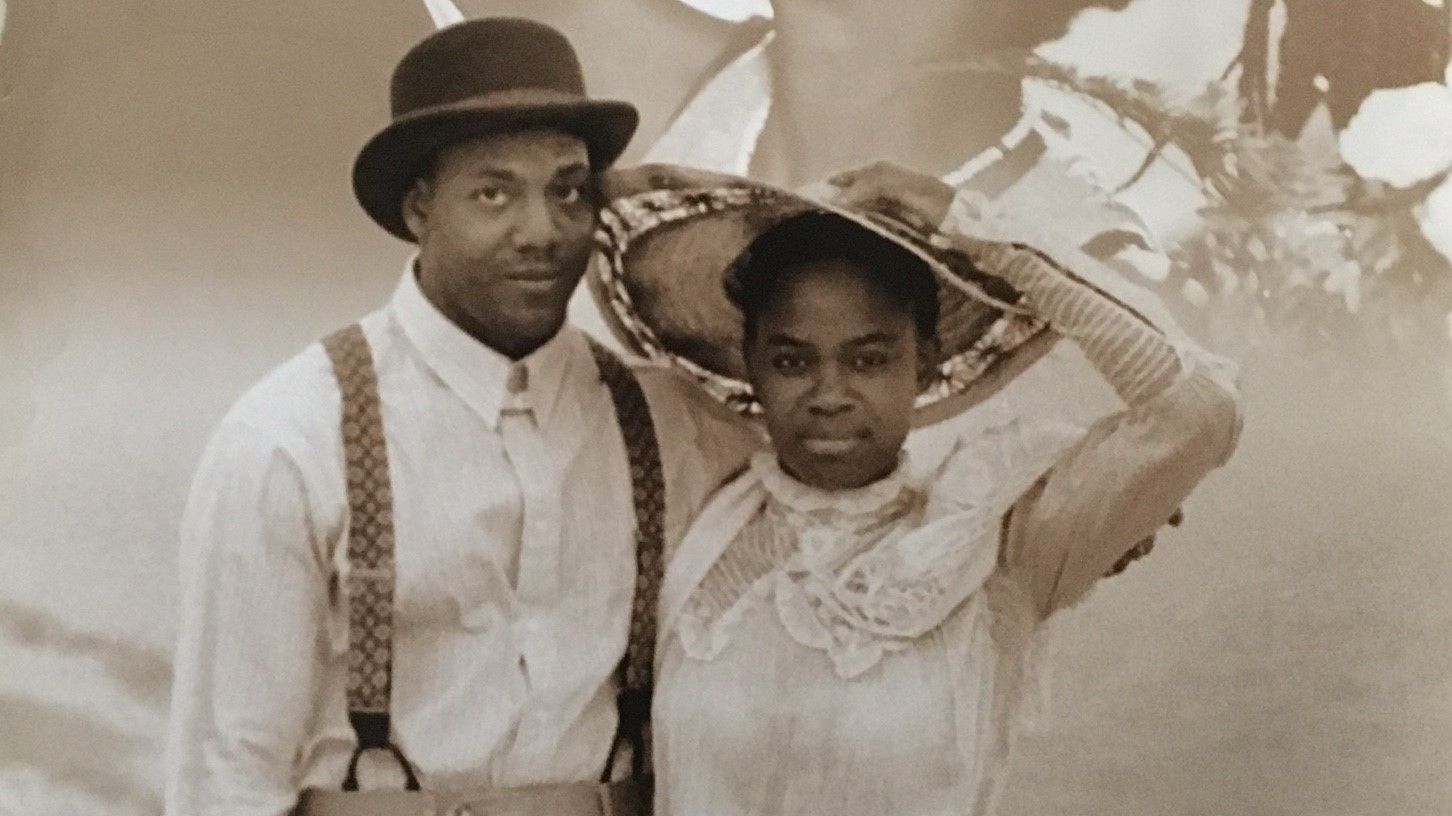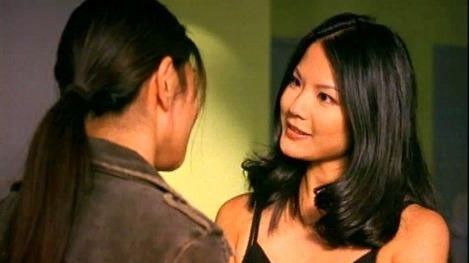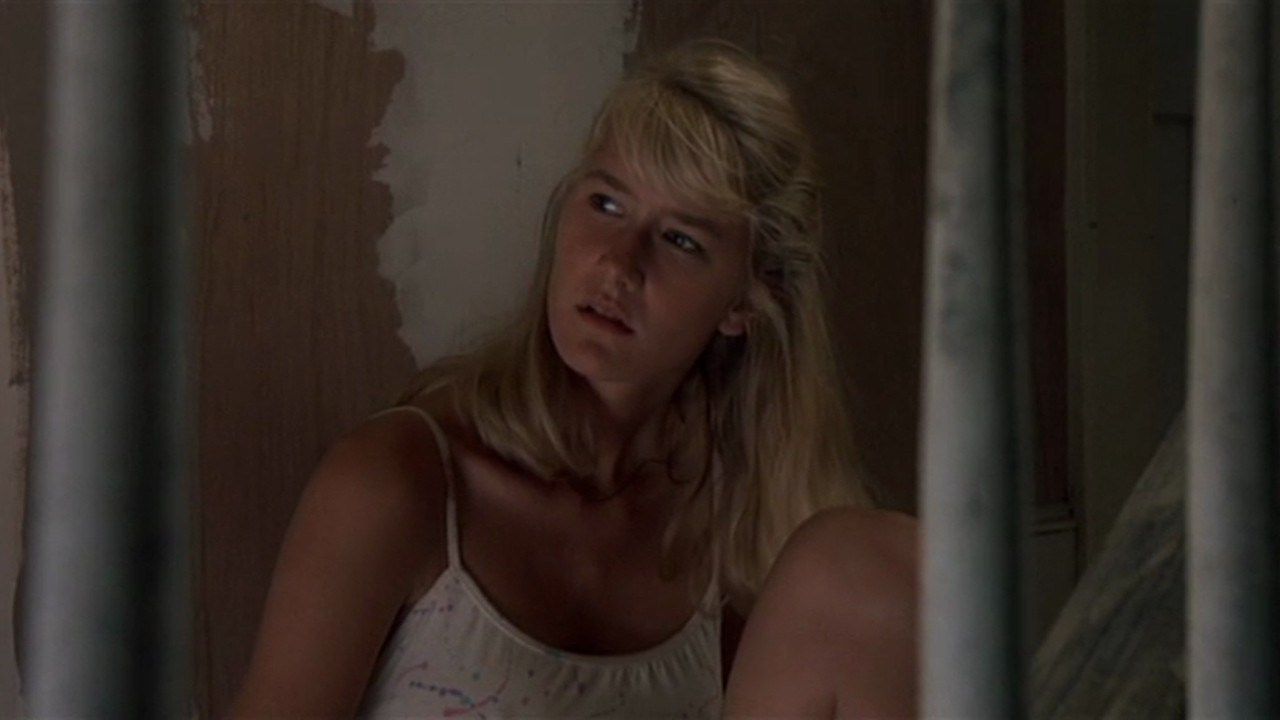AlthoughThe Criterion Channelprimarily prioritizes access to classic films and canonized international favorites, one of the joys of searching the streaming service is stumbling across underrated films and under-seen cult titles by a diverse variety of directors from around the world.
From horror-tinged mermaid musicals to chaotically cartoonish acts of cinematic rebellion, this list will highlight underrated gems and obscure works by women directors, providing further visibility to some of the worlds greatest and most inventive filmmakers.
Bad Girls Go to Hell (1965)
Filmed almost entirely in the home of filmmakerDoris Wishman,Bad Girls Go to Hellis the perfect distillation of the directors cultist sensibilities.
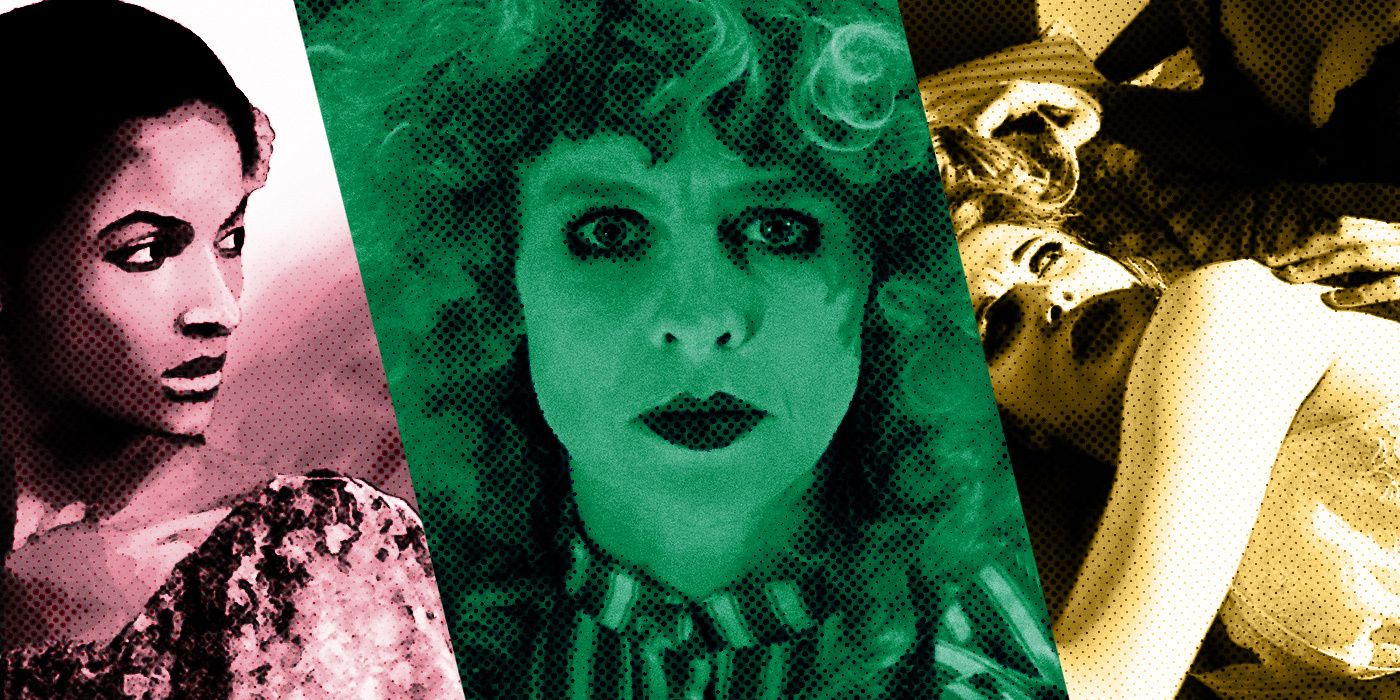
Transposing the typical mid-’60s sexploitation flick into a new wave-style fever dream,Bad Girls Go to Helltranscends the trappings of B-level filmmaking to create a surprisingly surreal film more akin toCindy Shermans Untitled Film Stills from the late 1970s than theRoger Cormanroughies that would follow in her footsteps.
Both ahead of its time and elusively critical of the periods sociocultural mores,Bad Girls Go to Hellis a bittersweet and beguiling masterpiece that begs to be watched and rewatched.
Daisies (1966)
Both a brazen act of cinematic rule-breaking and a bold feminist statement in the face of Cold War oppression,VAra ChytilovasDaisiesmore closely resembles an episode ofLooney Tunesthan a conventional live-action film.
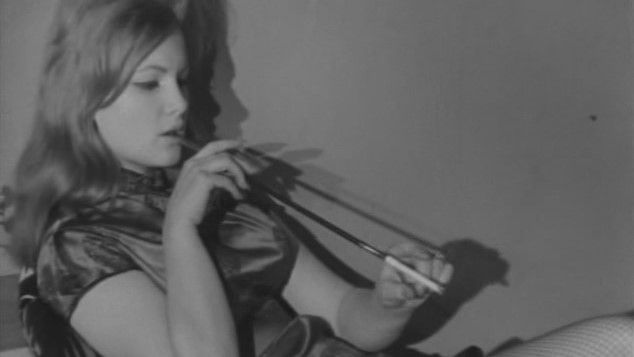
Chronicling the zany exploits of two girls named Marie as they wreak playful havoc on everything and everyone who attempt to get in their way,Daisiesbrought the Czech New Wave into bold new aesthetic and ideological territories, delivering a final film that remains as inventive and engaging today as it was upon its release.
From frolicking sequences in flowery fields to fanciful food fights,Daisiesdelivers a little something for everyone as long as audiences are open to trying something new.
The Gold Diggers (1983)
Blending a new wave musical plot and silent era visual aesthetics,The Gold Diggersis a creative critique of Thatcherism that embodies the anti-capitalistic sensibilities of the British post-punk movement.
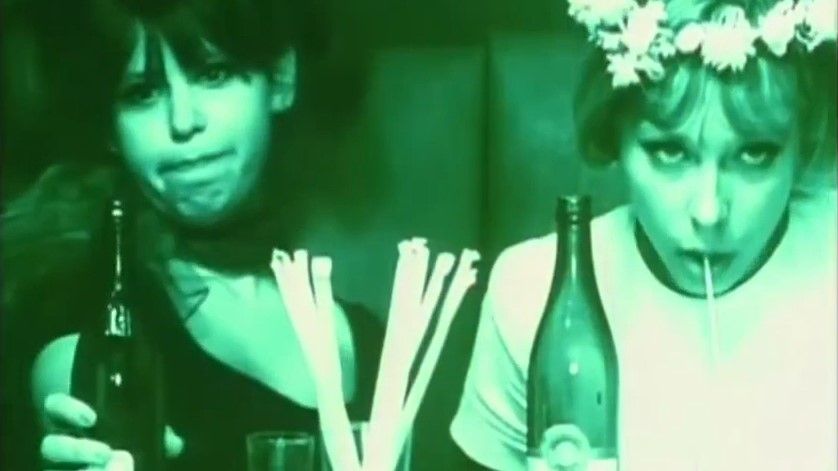
StarringJulie Christieas the enigmatic and erudite protagonist Ruby,Sally PottersThe Gold Diggerseschews traditional perspectives of gender, labor, and commodity through dream-like storytelling and playful de-centering of patriarchal control both on screen and behind the camera, as the film was completed by an all-female film crew.
Karaoke Girl (2013)
Acting as a treatise on personal agency and an investigation of the state of sex work in contemporary Thailand,Karaoke Girlis an effective and affecting docudrama that unravels the nuances of class dynamics and familial structures without veering into exploitation.
Centered on the lightly fictionalized story ofSa Sittijunas she navigates the complexities of city life and her new occupation,Karaoke Girlis an astounding exercise in empathy that demystifies an often misunderstood and sensationalized topic.
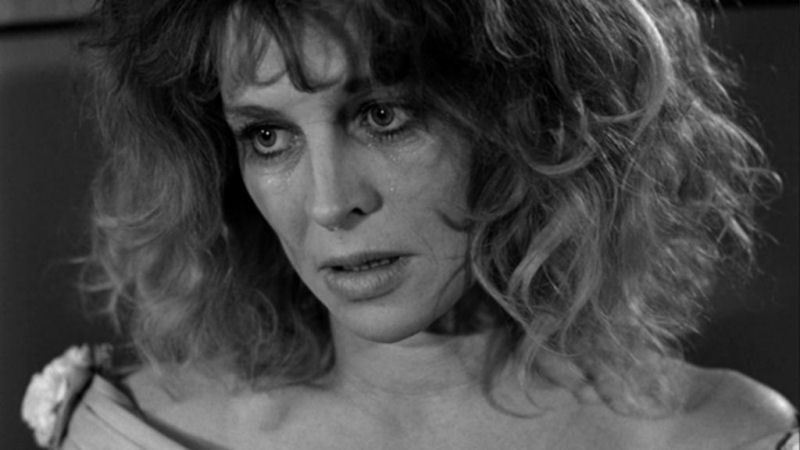
The Lure (2015)
Expanding beyond the musical zaniness of Sally PottersThe Gold Diggers,The Lureinterweaves elements of folk horror and fairy tales throughout a playful Polish pop opera.
Defying description and easy categorization,Agnieszka SmoczyAskas acclaimed musical fable of two mermaid sisters navigating adulthood and first love in late Cold War-era Poland must be seen to be believed.
Featuring moments of shock humor and body horror interspersed between sweet moments of affection and queer expression,The Lureis a vital entry into the contemporary art house canon.
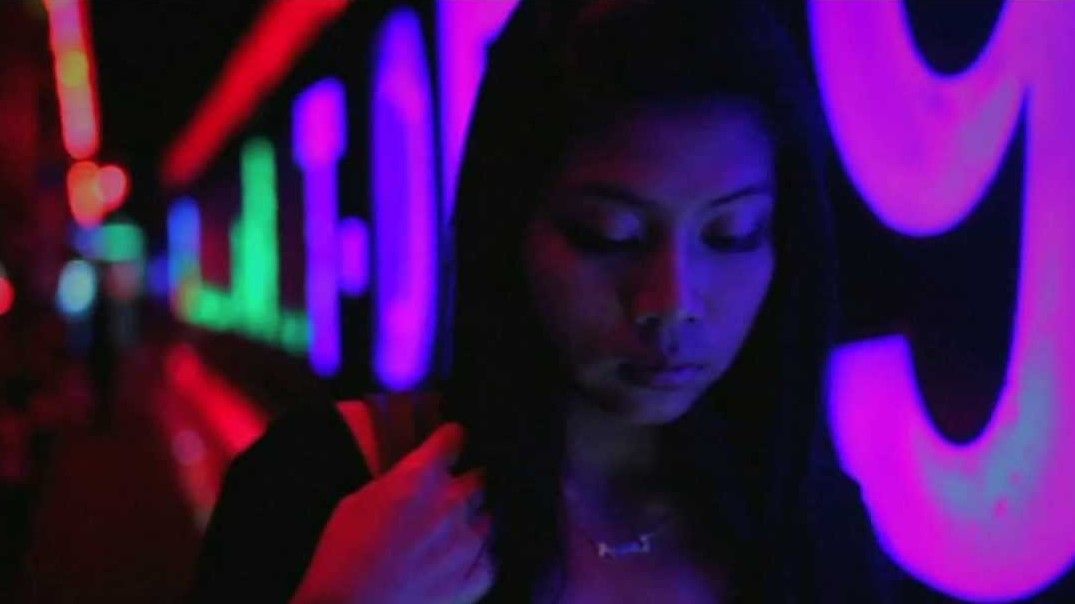
Losing Ground (1982)
Featuring evocations of both the red-tinted chamber dramas ofIngmar Bergmanand the melodious camera stylings ofVincente Minnelli,Losing Groundeffortlessly captures the ecstasy of filmmaking with equal empathy and subversiveness in its framing and shot composition.
DirectorKathleen Collinssubtly upends the male gaze through her framing, as her characters and prefs dismantle the patriarchal and racial systems that historically prevented Black women from equal engagement with academia and the arts.Losing Groundis one of the most effective meta-exercises in cinema because of its excellent cast and crew’s evident adoration of cinematic expression as an equally artistic and academic endeavor.
The “film within a film” is particularly brilliant, recounting the films themes through a stripped-down parable without ever condescending or preaching to its audience.
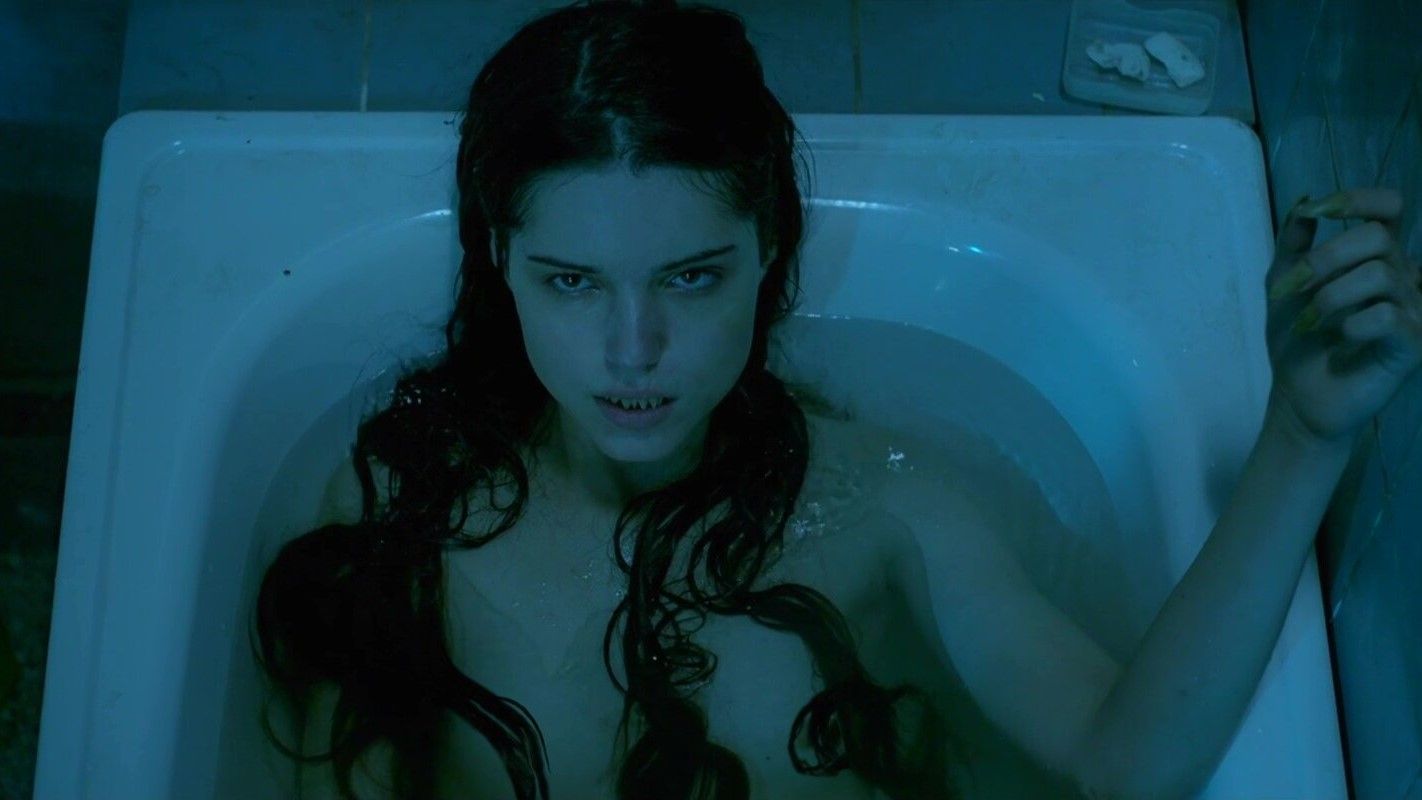
One Sings, The Other Doesnt (1977)
Even asOne Sings, The Other Doesntoffers a slight aesthetic departure from the typical output of legendary auteurAgnes Varda, the musical liveliness and colorful visual storytelling anchor the film within a framework of feminist liberation and sociocultural agency that would define Vardas overtly political filmmaking throughout the 1970s.
Chronicling the friendship of Pauline and Suzanne across several years of personal growth and motherhood,One Sings, The Other Doesntis an underrated entry in Vardas excellent career and an essential film of the 1970s.
Ornette: Made in America (1985)
Although the film dips into conventional documentary filmmaking in its latter half,Shirley Clarkes dizzying musical portrait of avant-garde jazz legendOrnette Colemanencapsulates the artists inventive approach to music through early digital effects and eclectic visual experimentation.
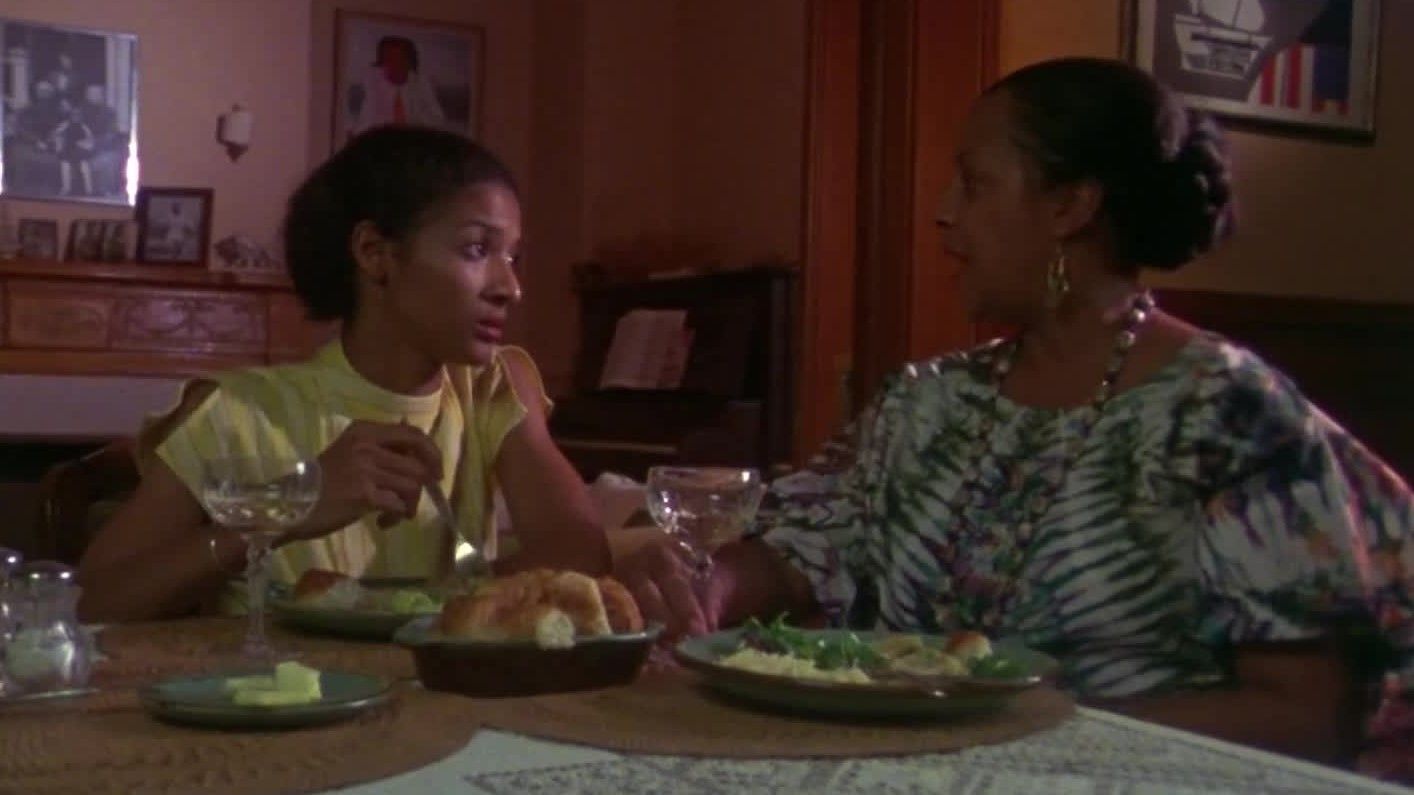
Both indicative of its time period and timeless in its recounting of artistic genius,Ornette: Made in Americaremains a bold testament to the limitless nature of jazz music and the cinematic form.
A Powerful Thang (1991)
Equally sexual and spiritual, few films have surpassedA Powerful Thangs non-linear approach to history and cultural production, creating an entirely original dance-centric romantic drama.
Focusing on a couple reconnecting after the birth of her son, directorZeinabu Irene Davisrenders the film as a mystical celebration of Black love, tethering the film to narrative cycles of romantic longing and erotic entanglement.

Methodically paced and marvelously joyful,A Powerful Thangdeserves to be considered among the most vital films of the 1990s.
Saving Face (2004)
Considered a cult classic in the alternative canon of queer romantic-comedies,Alice WusSaving Faceis an equally hilarious and heartwarming look into the cross-cultural tensions that characterize Vivian and Wils lesbian love story in 21st century New York City.
Rather than attempting to reinvent the genre, Wu and her wonderful cast subtly subvert the rom-com from within its formulaic structures, creating a film that remains as endlessly rewatchable as it is quietly revolutionary.
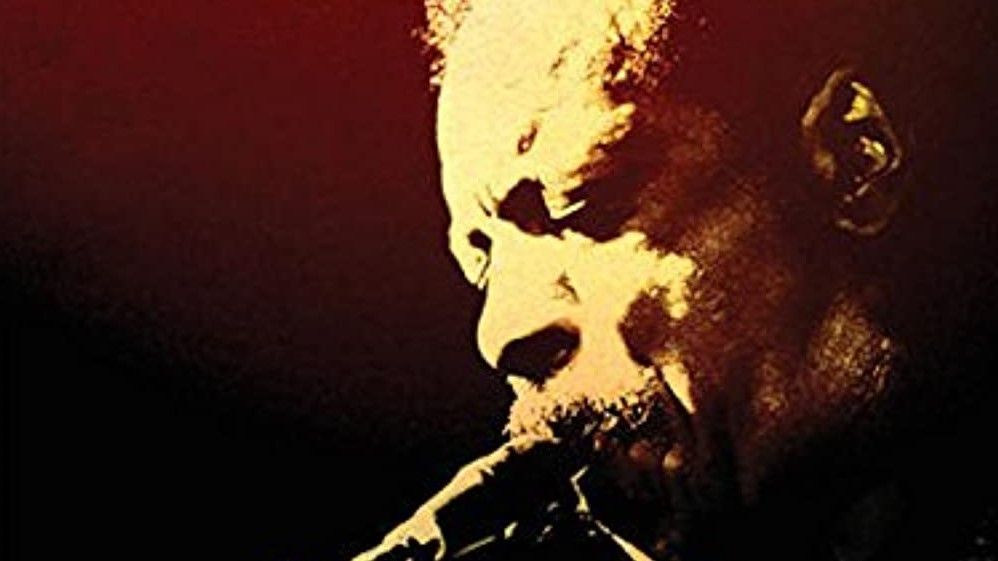
Smooth Talk (1985)
AlthoughJoyce Chopras quietly menacing meditation on adolescence is adapted from aJoyce Carol Oatesshort story,Smooth Talkplays out as a slow-burn fusion of a traditional ’80s high school movie and a Big Bad Wolf fairy tale.
Anchored by an effervescent yet vulnerable turn from a youngLaura Dernand a shudder-inducing performance byTreat Williams,Smooth Talkbuilds tension like a gentle breeze, transforming a story of innocent self-discovery into a dread-fueled cautionary tale.
